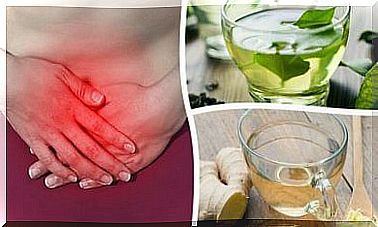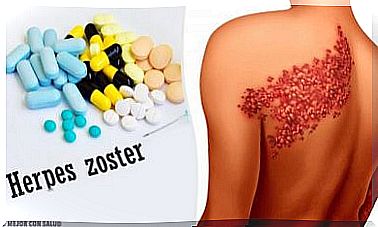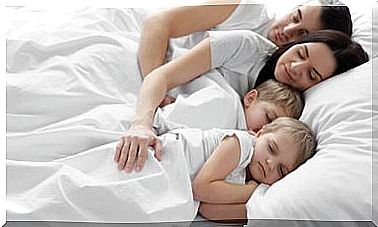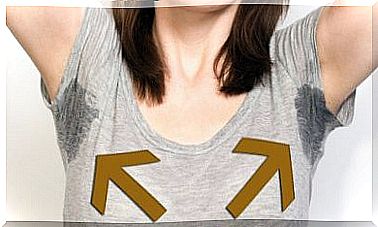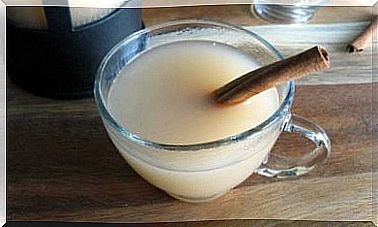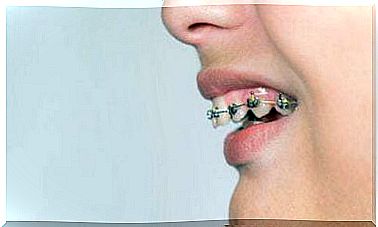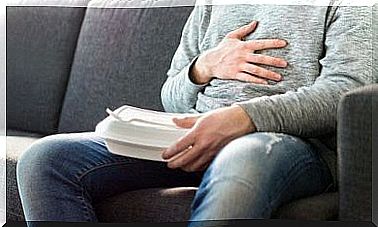Urinary Incontinence: Symptoms, Causes And Treatment

Urinary incontinence is not a real disease. Rather, it appears as a consequence of an alteration of the bladder that modifies the process of controlled filling and emptying of urine.
Involuntary leaks define urinary incontinence par excellence. The sufferer cannot control the stimulus and hold it back; therefore, involuntary urine losses occur at the least opportune moments.
In some cases, leaking urine can be caused by exertion or sneezing. In others, by filling the bladder beyond its capacity.
It is therefore not only a physical problem, but a condition that has an impact on social and working life.
Transient urinary incontinence
Transient urinary incontinence, as the name implies, is bound to go away. It is usually caused by drugs, drinks, or foods that stimulate urine production. Once the diuretic effect is exhausted, the disturbance disappears. We remember, in particular, carbonated drinks, alcohol, citrus fruits and antihypertensive drugs.
Other causes of a transient condition can be:
- Urinary tract infections. Bladder irritation can be severe enough to cause urine to be released.
- Constipation. The intestine is located near the bladder, so it can stimulate it if hardened stools are present in the rectal tract.
- Pregnancy. Hormonal changes and an increase in the size of the uterus produce hyperactivity of the bladder.
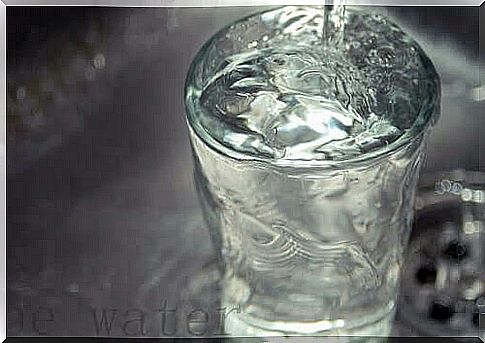
Chronic urinary incontinence
Urinary incontinence that lasts over time is linked to other causes.
- Prolapse. When the pelvic muscles are weakened, for example after a complicated birth or multiple births, the descent of the pelvic organs can produce incontinence. This structural lowering is called prolapse.
- Age. As we age, all the muscles in the body weaken, including the bladder muscle. In women, menopause leads to a drop in estrogen and deterioration of the tissues of the urinary system.
- Gynecological surgical operations. The bladder is an organ supported by other organs, especially the uterus. Surgery in this area of the body can have incontinence as a side effect.
- Disorders of the prostate. They are the most common cause of male incontinence. In the first instance, benign prostatic hyperplasia and, more seriously, prostate cancer are responsible.
- Neurological diseases. Some pathologies of the nervous system can have repercussions on the fibers that innervate the bladder and that control urination. This clinical condition is known as a neurogenic bladder and can correspond to diseases such as Parkinson’s or multiple sclerosis.
- Psychological causes. Stress states or difficult everyday situations can manifest themselves in the form of incontinence. Bedwetting in children under six is one example.
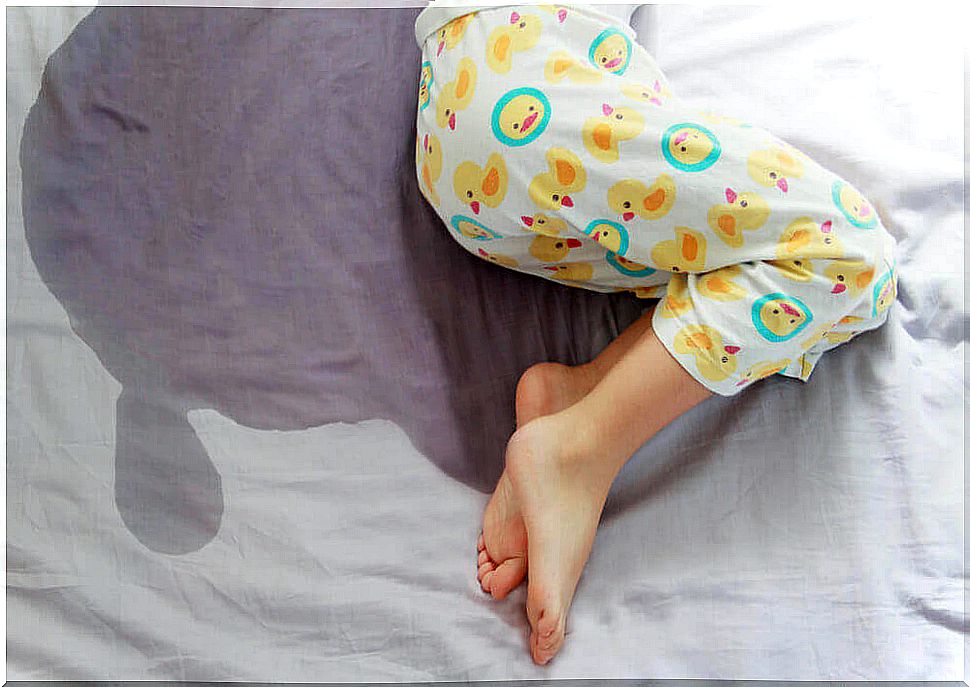
Urinary incontinence and non-drug treatment
It is not always necessary to resort to drugs. One of the main tips is to regulate your fluid consumption throughout the day.
This can be done without having to decrease the amount, as better distribution avoids the accumulation of large quantities of urine in a short time.
Ideal fluid consumption should start with larger amounts in the morning and decrease in the evening. In children with bedwetting, it may be good to bring up the dinner time to leave space between the meal and the time to go to bed.
Pharmacological treatment
Sometimes, despite the hygienic attention or the diet, the problem does not go away and it is necessary to take drugs. Other times it is the cause of the incontinence itself that does not admit any other solution.
The drugs have the function of counteracting the involuntary contractions of the bladder. It also ensures that the urethra remains closed as urine enters the bladder. For this purpose, anticholinergics are usually prescribed.
The effect of anticholinergic drugs is, in fact, to decrease the ability of the bladder muscle to contract. The most common is oxybutynin. This is a very effective group of drugs, but contraindicated for some patients due to adverse effects. For example, those with glaucoma or cardiac arrhythmia cannot take it.
Even if there is no contraindication, but the side effects are very intense, the treatment must be abandoned.
Finally, if neither dietary measures nor drugs are successful, surgery is the last option.

